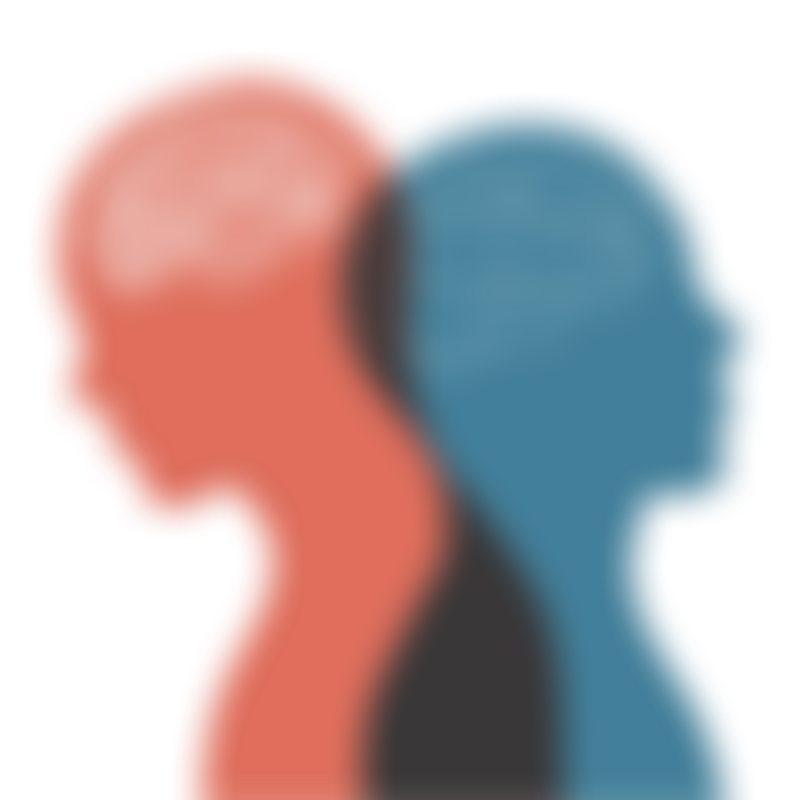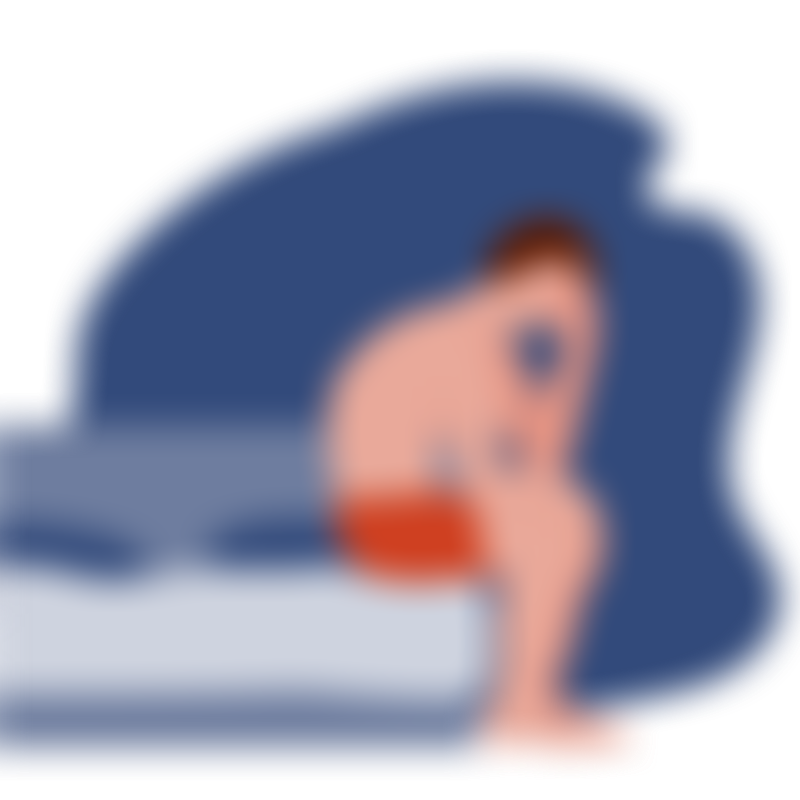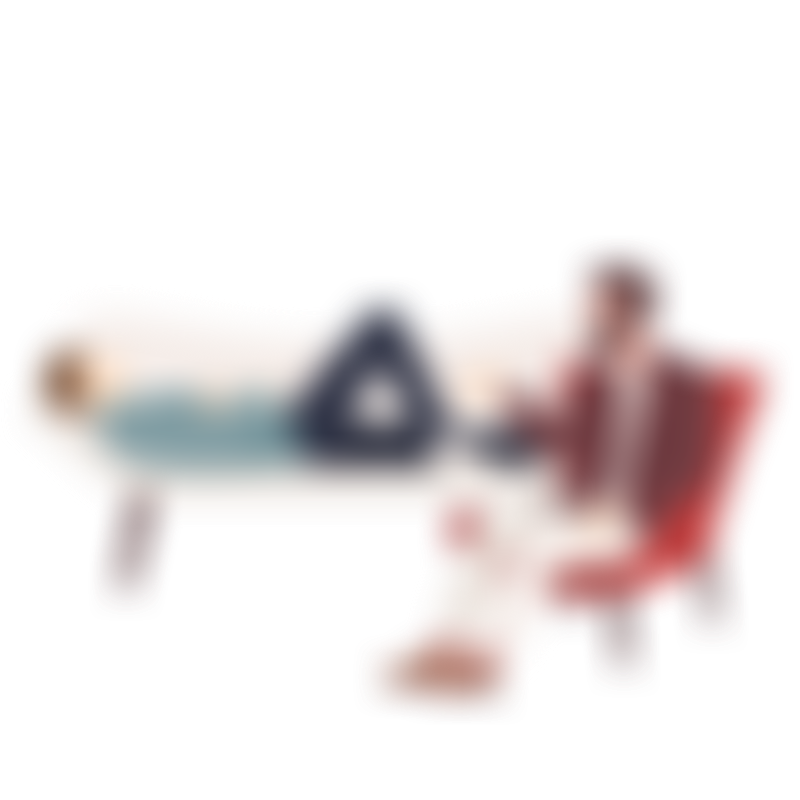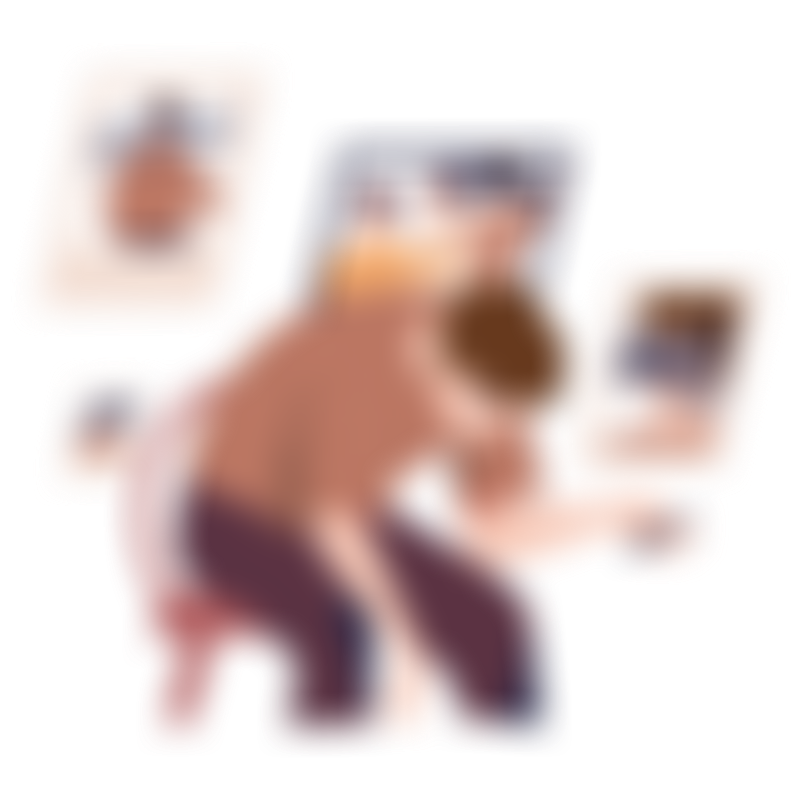

I’m John, a university administrator from the US. In April 2004, I found out I had stage 2 prostate cancer. My treatment included radiotherapy and hormone therapy, the latter of which I’m still on now.
The side effects of treatment have strained my relationship and challenged my mental health. Despite these struggles, I continue to work, exercise, and attend therapy.

My PSA was high and my general practitioner recommended seeing a urologist. That’s when I found out I had prostate adenocarcinoma. I did seek a second opinion on my diagnosis because I wanted to consult a more prestigious doctor.

Learning about my diagnosis made me angry and sad. I had been living healthy for years. Exercising every day, eating a good diet, and having regular sexual activity but it turned out to all be for nothing.

My doctor recommended the following treatment options:
- Radical prostatectomy (removal of entire prostate)
- Radiation therapy
- Hormone therapy
However, I joined a support group for gay men and saw many articles recommending that gay men NEVER get radical prostatectomies. So, based on my own research, I opted out of the radical prostatectomy. My medical costs are covered by insurance.
I had two months of Casodex and a Lupron injection prior to five sessions of SBRT radiation. I switched from Lupron to Orgovyx after two months because I experienced severe mental distress from Lupron's side effects. Lupron made me so depressed I wanted to commit suicide. The mental effects of Orgovyx have been less deleterious. I’m still on hormone therapy now.
I was initially optimistic after deciding on my treatment plan, but that was because the side effects of hormone therapy were never fully mentioned. I was just told "hot flashes and tiredness." Nothing about the terrible depression and sexual problems I would experience. After changing the treatment plan, I felt optimistic again, but this time because I thought, correctly, that Orgovyx would be easier to tolerate.

The side effects from hormone therapy that affected me the most were erectile dysfunction (treatable with Viagra) and anorgasmia after the fourth month of hormone therapy (not treatable). Without testosterone, I feel depressed, unattractive and very unsexual. I stopped caring about most things and had suicidal thoughts (less suicidal thoughts on Orgovyx than Lupron). I also suffered from weight fluctuations and a loss of appetite.
To cope, I exercise two hours a day and find it helps somewhat, more as a distraction. In addition, I'm rarely hungry anymore and have lost 40+ pounds. I'm underweight so choose what I *do* eat very carefully so I continue to get nutrition. I also self-medicate.

My doctor recommended medical advice on my alcohol intake, exercise frequency, nutrition and smoking habits, all of which I was very compliant with. But the biggest lifestyle change for me was the greatly diminished sex life, much to the chagrin of myself and my partner. It is putting a strain on my relationship and making me want to discontinue my treatment.
I was recently informed that my testes have atrophied more than expected from hormone therapy and that I may never recover testosterone. If I do not recover testosterone, I will refuse to do any further follow ups or treatments for ANY disease and will not even do routine medical appointments and just hope for a shorter life. If my testosterone comes back and I feel normal again, I plan to retire and travel the world with my spouse.

Psychotherapy was particularly useful for me. It’s really the only thing that's keeping me going.

My employer offered some accommodations, so I continued working even after my diagnosis. My job is the only thing that is going well in my life right now.

I experienced some challenges in my sexual relationship and social life, but my self-esteem has affected me the most. I haven’t gotten through this challenge. I look terrible, cannot perform adequately as a sex partner, and have withdrawn from people and daily activities.

My greatest fear thus far is that I would be left impotent and lose my masculinity. I have tried to maintain a sexual relationship with my spouse despite having almost no libido though sometimes this is more disappointing than life-affirming.

I am still angry and sad today, but also dissociated. The sexual side effects of treatment have been devastating and I wish I had done nothing and just accepted a shorter life.

In terms of practical advice, doctors will either not discuss, or greatly downplay, the sexual problems that will occur due to prostate cancer. Be sure to ask about this and then decide if the treatment you choose is worth losing your manhood. I wish I had known that doctors conceal a lot of information needed for informed consent and that they are very reluctant to discuss anything related to sex.
Join a support group and ask lots of questions. Advocate for yourself. Always get a second opinion. Don't trust a doctor just because they are considered an expert in their field. Before selecting treatment, carefully consider whether the side effects of treatment are worse than the disease.
This patient's story is published and shared with their full consent. Any personal data that can be used to identify the patient has been omitted.
Click here for more information.